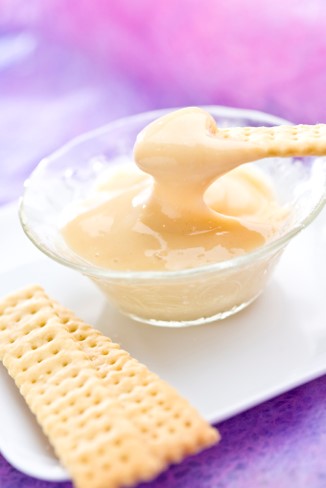What is Tubu Tubu?
“Tubu-Tubu” is a nickname for traditional grains. Traditional grains are delicious and full of the power of mother earth. Traditional grains have all the nutrition that our bodies want in a condensed miraculous balance.
Tubu-Tubu also represents a new style of vegetarian cuisine based on Yumiko Otani’s unique theories and recipes, which utilize traditional grains and seasonal vegetables. These grains offer a unique taste and a delightfully chewy texture.
It also represents a suggestion for a way of living that helps you be consistent with the mechanisms and laws of the natural world.
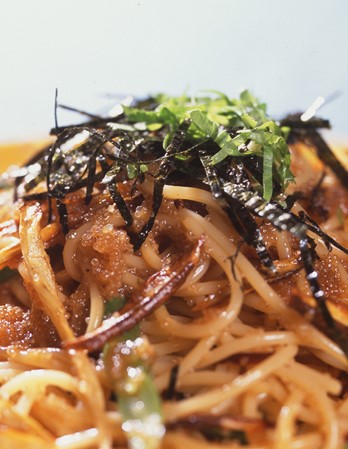
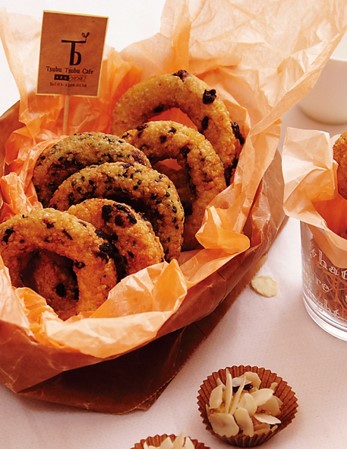
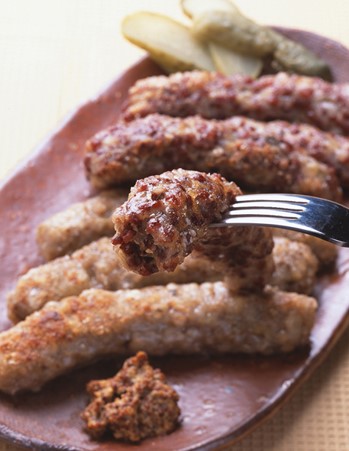
Stylishly Revives the Wisdom and Skills of Original Traditional Japanese Food
Tubu-Tubu Future Food is the creation of an ultimate gourmet diet, which accelerate people’s lives into the incoming energies of the twenty first century.
Tubu-Tubu Future Food is the translation of the wisdom of the traditional Japanese diet using contemporary tastes. Tubu-Tubu Future Food represents and creates harmony through the energy vreated by eating traditional grains, vegetables and seaweed. It is the art of diet that brings vitality to people’s minds, bodies and the earth. It also includes simple and stylish gourmet vegetarian cuisine, which is delicious to your tongue, body, and mind.
Tubu-Tubu’s creator is Food Designer, Yumiko (Yumiko Otani). Since 1982 she has developed more than 3000 recipes through the process of studying and practicing for thirty years. Throughout this time she has been continually creating new recipes. In 1995 she published “Mirai-shoku (Future Food. Skills for Surviving in the Era of Environmental Pollution)” and she started the “Future Food Seminars.”
*Tubu-Tubu= the nickname for traditional grains.
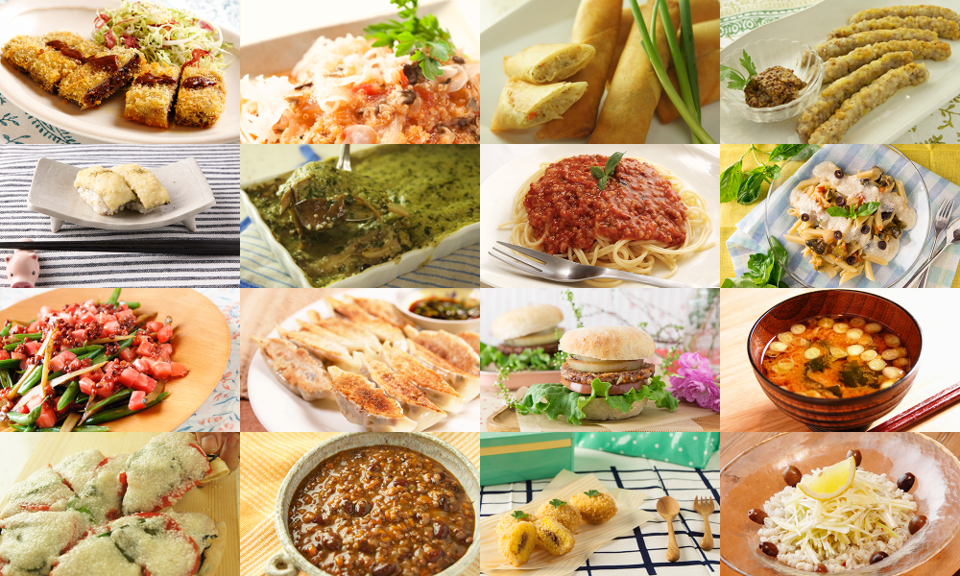
Tubu-Tubu Cooking
Tubu-Tubu cooking is our major strategy for saving the health and well-being of modern-day children with alluring Tubu-Tubu Future Food. Surrounded by an environment full of temptation, today’s children grow up thinking meals with lots of dishes besides rice and à‐la‐carte items are like snacks or treats. Because of this influence as well as the influence of fast foods, they may not be satisfied in their hearts and minds with a meal consisting of traditional grains or rice, one bowl of soup and one side dish.
Tubu-Tubu Food Designer Yumiko makes use of traditional grains as a new genre of cooking ingredients, which have a rich flavor and umami. She has created thousands of recipes of children’s favorite popular menu such as hamburger steak, pizza, gratin, a Sichuan style bean-curd, sausage without meat, eggs, or dairy product, which do not agree with people who live in the Japanese climate.
Tubu-Tubu is a new gourmet cuisine and the first of its kind in the world. It is based on cooked grains and is a highly nutritious and attractive style of cuisine that looks delicious and tastes great.
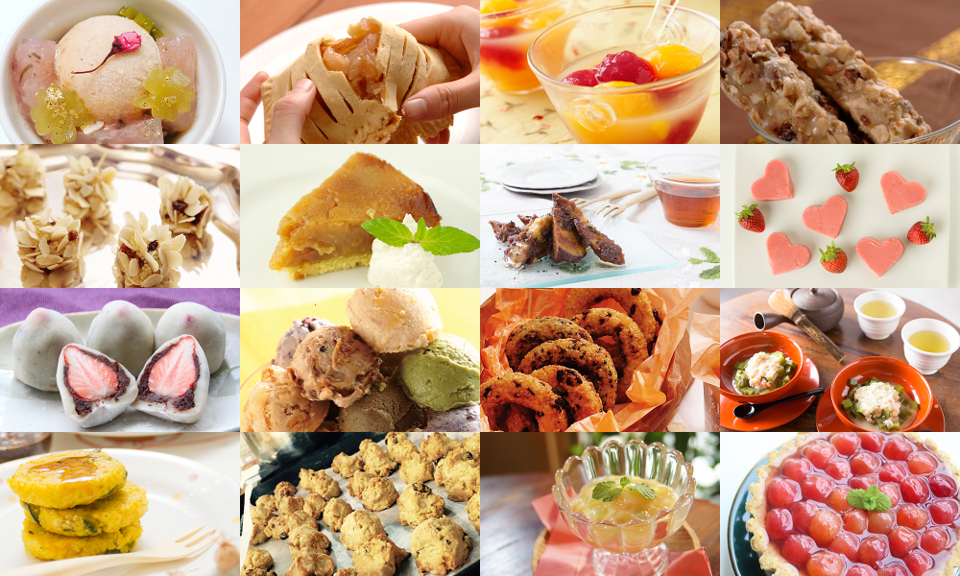
The Five Guidelines
A dietary lifestyle that pleases your heart and body. Enjoy delicious food and give new life to the cells in your body.
A dietary lifestyle that enhances your vitality. Choose to promote health so that you can break out of the harmful effects of environmental pollutions and live your life making the best of your vitality.
A self-sufficient dietary lifestyle utilizing locally grown products. The No.1 key for living free and without anxiety starts with a self-sufficient diet.
A peaceful dietary lifestyle that does not exploit people through plantation agriculture or destroy our global environment. We do not need delicious food if having it causes us to sacrifice nature or negatively impact someone else’s life. We can eat delicious foods in harmony with nature’s laws.
The art of a diet created by cooking food that is full of vital energy based on the rule of life. Your heart will be excited and your body full of life by following each day’s table of simple yet varied foods, all filled with seasonal life force.
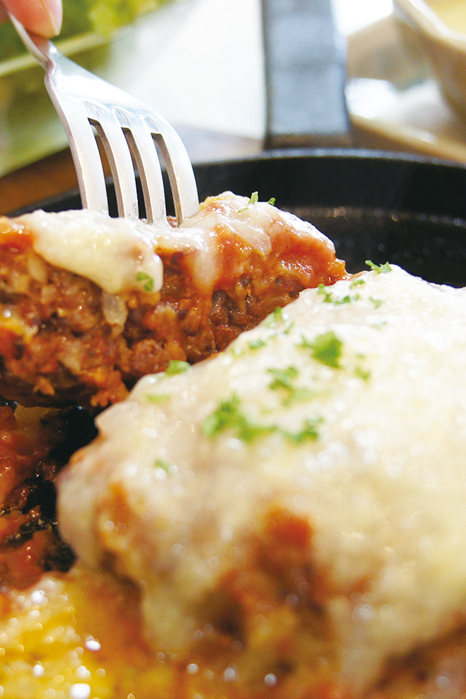
The Balance Sheet of Food and Life Force
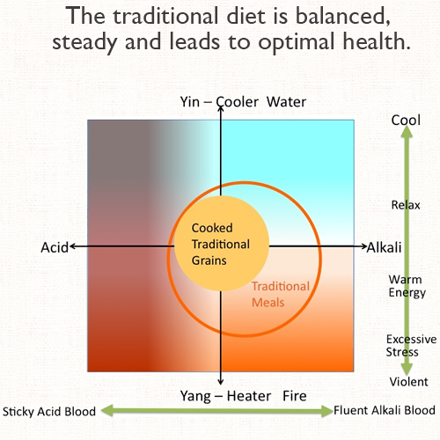
Tubu-Tubu Future Food offers “The Balance Sheet of Food and Life” to help easily identify the foods that fulfill the physiological needs of your body.
This chart shows the two natures of the foods that influence health. The vertical axis is the scale shows whether it warms or cools the body and the horizontal axis is the scale indicates whether it acidizes or alkalizes blood.
If you find where the food is located in this chart, you know how to balance your daily meals on your own.
When the world’s traditional meals were evaluated using this balance sheet, it was found that people used to eat in a healthy manner that fits in the beautiful circle. They were eating a diet that makes warm alkali blood.
Source: Yumiko Otani, Creating a New Vegan Diet Culture through the Restoration of Washoku (Japanese Cuisine): a Proposal for “The Balance Sheet of Food and Life” Based on Yin-Yang Theory Vegetarian Research Vol. 16, 1-12 (2015)
History
1982 Yumiko encountered traditional grains
The activities of Tubu-Tubu started when Tubu-Tubu Food Designer Yumiko Otani encountered “zakkoku” (Japanese traditional grains) and started to practice and search for “Tubu-Tubu Future Food,” the diet, which suits the structure of life.
1983 we started to make action.
In 1983 we opened a weekend only restaurant and ingredient shop and started cooking seminars.
1990 we started to study and practice the life connected with earth and experimented with growing traditional grains in the mountainous area of Yamagata prefecture.
1995 we started to build “Atelier of Life.” There we work on studying the techniques of growing and manufacturing traditional grains as well as passing down the seeds. we also started to appeal Life Seed Campaign. At the same time, we published “Mirai-shoku (Future Food. Skills of Energy Cooking for Surviving in the Era of Environmental Pollution.” And in 1996 started Tubu-Tubu Future Food Seminars.
2015 the countrywide network of TubuTubu cooking schools started
Today, there are 120 TubuTubu cooking schools throughout Japan. We also started seminars to teach how to grow traditional grains along with how to cook those grains.
